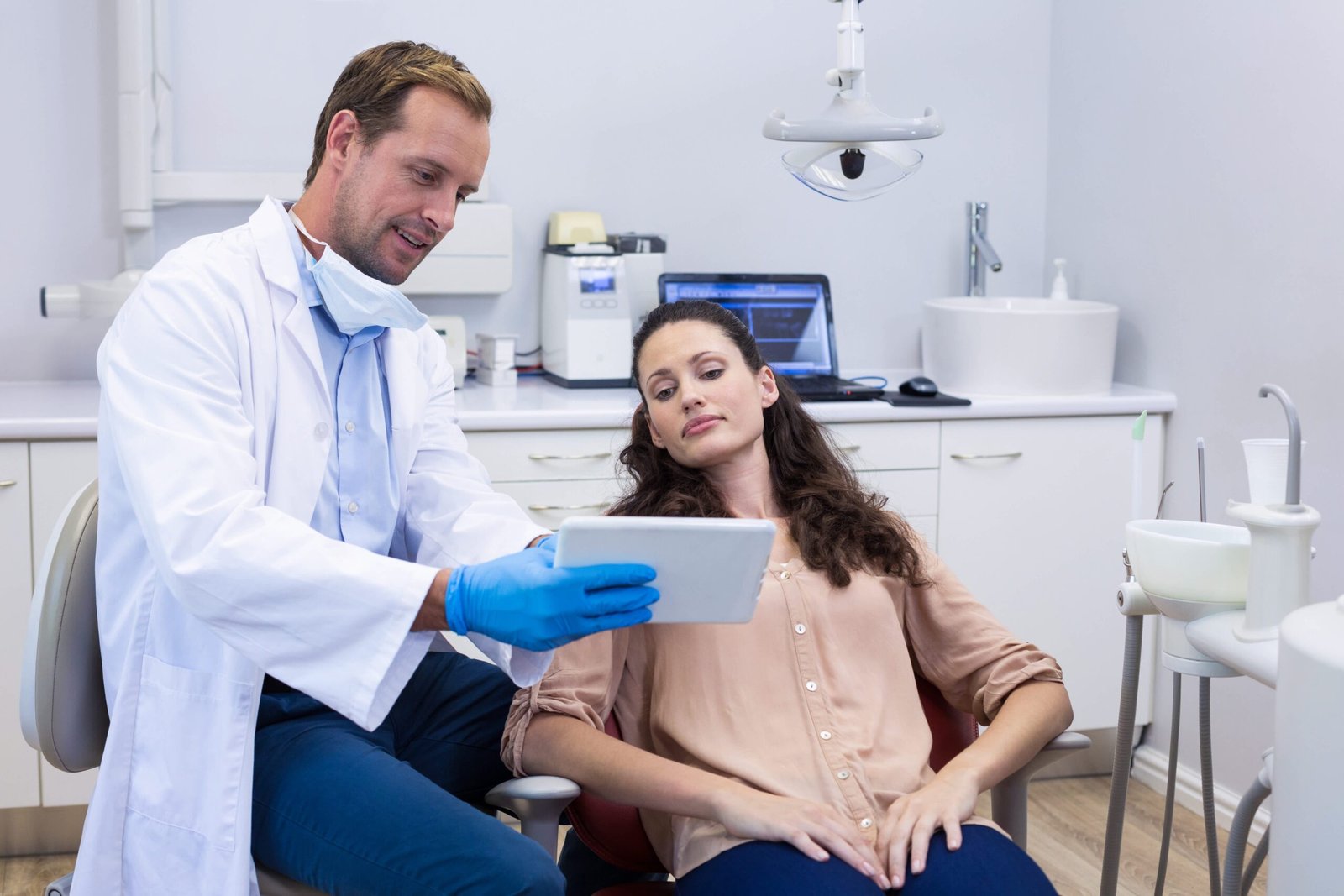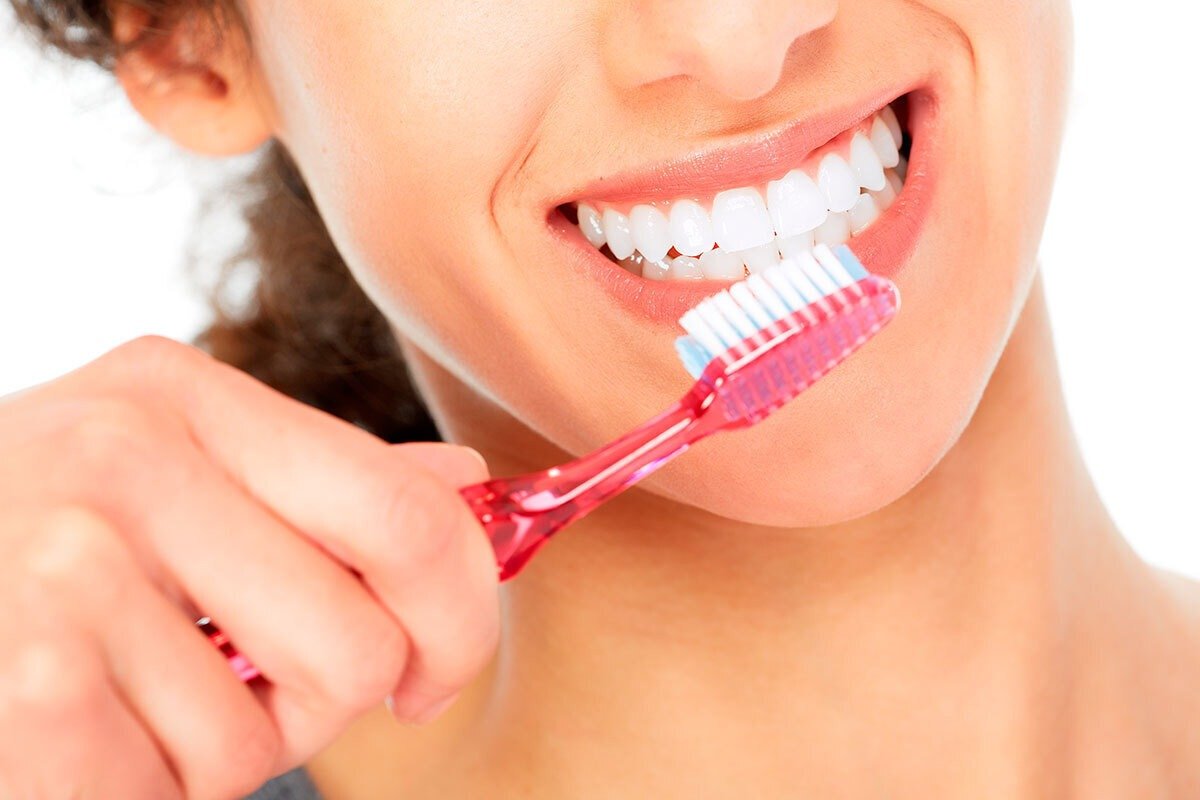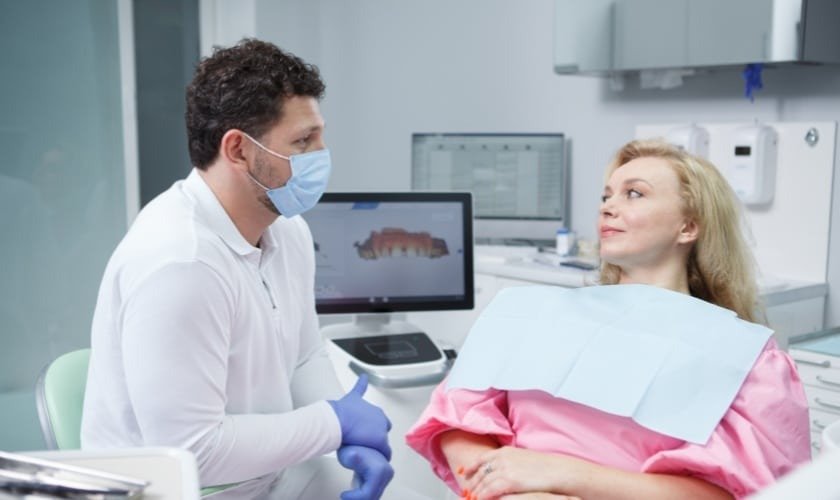Many patients feel anxious or unprepared when visiting the dentist, which can make appointments stressful or less effective. Proper preparation, however, can significantly improve comfort, streamline the process, and enhance treatment outcomes. This article will guide you through practical steps to get ready for a dental visit before you arrive, during the dental appointment, and after you leave so you can approach each visit with confidence and ease.
Know the Purpose of Your Appointment
Before your dental visit, it’s important to understand the purpose of the appointment. Are you going in for a routine check-up, a professional cleaning, a filling, or a consultation for a specific concern? Knowing this in advance helps you mentally prepare, allows the dentist to plan accordingly, and ensures the visit is efficient and productive. Understanding the purpose also helps you prepare questions and expectations. For example, if your visit is for a cleaning, you might ask about ways to reduce plaque buildup at home. If it’s a consultation for a cavity or cosmetic procedure, you can inquire about treatment options, costs, and recovery.

Tips for Preparing:
Write Down Symptoms or Concerns
Note anything unusual, such as sensitivity to hot or cold, bleeding gums, or pain when chewing. This ensures nothing important is overlooked during the appointment.
Gather Previous Records
If you’re visiting a new dentist, bring past X-rays, treatment records, or insurance information. This helps the dentist get a complete picture of your dental history.
Set Goals for the Visit
Think about what you want to achieve. Whether it’s improving oral hygiene, addressing pain, or discussing cosmetic options, having clear goals keeps the appointment focused.
Consider Your Questions
Make a list of questions about procedures, oral care routines, or products you’re using. Being proactive helps you leave the appointment confident and informed. By knowing the purpose of your dental visit and preparing thoughtfully, you can reduce anxiety, make the most of your time in the chair, and ensure your oral health needs are fully addressed.

Confirm Appointment Details
Before your dental visit, it’s essential to double-check all appointment details to avoid last-minute stress:
Verify Date, Time, and Location
Confirming the appointment ensures you arrive at the right place and time, minimizing delays and allowing the dentist to provide care efficiently.
Bring Necessary Documents
Carry your insurance card, photo ID, and any referral forms if required. If you’re visiting a new dentist, bringing previous dental records or X-rays can help the dentist understand your dental history.
Arrive Early
Aim to arrive 10–15 minutes before your scheduled time. This allows you to complete any paperwork, review medical history forms, or update insurance information without feeling rushed.
Taking these steps ensures your appointment starts smoothly and that you’re fully prepared for a productive visit.
Gather Your Medical and Dental History
Having an up-to-date record of your medical and dental history is essential for safe and effective dental care. Before your appointment, take the time to prepare the following information:
Current Medications and Dosages
List all prescription and over-the-counter medications, including vitamins and supplements. Certain medications can affect dental treatments, bleeding, or healing.
Allergies and Chronic Conditions
Note any allergies especially to medications or latex as well as chronic conditions like diabetes, heart disease, or immune disorders that may impact dental care.
Past Dental Procedures or Surgeries
Include information about fillings, crowns, root canals, extractions, or orthodontic work. This helps your dentist understand your oral history and plan treatments accordingly.
Providing accurate and complete information allows your dentist to deliver personalized care, avoid complications, and ensure your treatments are safe and effective. It also saves time during the appointment and helps address any potential risks proactively.

Practice Good Oral Hygiene Before the Visit
Maintaining proper oral hygiene before your dental appointment not only helps you feel confident, but also allows your dentist to accurately assess your oral health. Here are some practical tips to ensure your mouth is in the best possible condition for your visit:
Brush and Floss Thoroughly
Clean your teeth and gums as you normally would, ensuring that plaque and food particles are removed. This gives your dentist a clear view of your oral condition and makes the examination or cleaning more efficient.
Avoid Strong-Smelling Foods
Foods like garlic, onions, or certain spices can leave lingering odors. Avoiding these before your appointment helps you feel fresh and considerate during close interactions with dental staff.
Be Gentle
Stick to your regular routine and avoid aggressive brushing or over-flossing, which can irritate gums or temporarily increase sensitivity. Gentle, thorough care is the best approach.
Consider Tongue and Cheek Cleaning
Bacteria can accumulate on the tongue and inside cheeks. Lightly brushing your tongue or using a tongue scraper can help reduce bacteria and ensure a fresher mouth for your visit.
Use Mouthwash if Needed
A mild, non-alcoholic mouth rinse can help freshen breath and reduce surface bacteria. Avoid strong, medicinal rinses right before the appointment as they may irritate sensitive gums.
Stay Hydrated
Drinking water before your appointment helps rinse away food particles, neutralizes acids in the mouth, and keeps your gums and tissues hydrated for a more comfortable examination.
Avoid Last-Minute Snacking
Try not to eat immediately before your visit, especially sugary or sticky foods, as they can leave residue and make cleaning or assessment more difficult for the dentist. By following these steps, you ensure that your mouth is clean, comfortable, and ready for a thorough examination. This preparation also helps reduce potential embarrassment, promotes efficiency during the appointment, and supports better overall dental care.
Prepare Questions and Concerns
Going into a dental appointment with a list of questions and concerns ensures that you get the most out of your visit. Clear communication with your dentist helps address issues promptly and allows for personalized care.
Write Down Your Questions
Note any specific concerns you have, such as tooth sensitivity, pain, cosmetic options like whitening, or issues with previous treatments. Having your questions written down prevents forgetting important details during the appointment.
Ask About Preventive Care and Treatment Options
Use your appointment as an opportunity to discuss ways to maintain healthy teeth and gums, including brushing and flossing techniques, fluoride use, diet recommendations, or professional treatments that may be appropriate.
Be Honest About Symptoms
Share any discomfort, bleeding, or changes in your oral health honestly. Even minor symptoms can help your dentist catch potential issues early.
Prioritize Your Concerns
If you have multiple questions, consider ranking them in order of importance. This ensures that the most pressing issues are addressed first during the appointment.
Managing Dental Anxiety
Feeling anxious about dental visits is common, but there are effective ways to reduce stress and make your experience more comfortable.
Use Relaxation Techniques
Deep breathing exercises, listening to calming music, or guided meditation can help reduce anxiety before and during your appointment. Focusing on slow, steady breaths can calm the nervous system and promote relaxation.
Communicate with Your Dentist or Staff
Let your dentist and dental team know if you feel anxious. They can offer reassurance, explain procedures step-by-step, and provide extra time or breaks to make you feel more comfortable.
Consider Sedation Options
For severe anxiety, ask your dentist about sedation dentistry, which can range from mild nitrous oxide (“laughing gas”) to oral or IV sedation. These methods help patients relax and allow dental care to be completed safely and comfortably.
Bring Comfort Items
Some patients benefit from bringing headphones, a favorite stress ball, or a blanket to help ease tension during treatment. By taking proactive steps to manage anxiety, you can reduce stress, improve your comfort, and ensure that your dental visits are as smooth and effective as possible.
By preparing questions and concerns in advance, you take an active role in your dental care. This approach leads to better understanding, more informed decisions, and higher-quality treatment outcomes.
Special Considerations for Children
Dental visits can be intimidating for children, so taking steps to make the experience positive is essential for building lifelong oral health habits.
Use Simple, Positive Language
Explain procedures in words your child can understand, focusing on what will happen rather than emphasizing pain or discomfort. Phrases like “the dentist will count your teeth” or “we’re going to make your teeth sparkle” help reduce fear.
Bring Comfort Items
Allow children to bring a favorite toy, stuffed animal, or blanket. Familiar items provide reassurance and help them feel safe during the visit.
Schedule Strategically
Plan appointments when your child is well-rested and has eaten a healthy meal. Avoid times when they are typically tired, cranky, or hungry to reduce stress and improve cooperation.
Provide Positive Reinforcement
Praise your child for their bravery and cooperation after the appointment. Small rewards, stickers, or verbal encouragement reinforce positive behavior and make future visits less intimidating. By preparing children with care, patience, and encouragement, parents can help create a comfortable and positive dental experience that encourages lifelong good oral hygiene habits.
What to Bring to the Appointment
Being prepared with the right items ensures a smooth and efficient dental visit. Make sure to bring the following:
Identification and Insurance Information
Carry a valid photo ID and your dental insurance card to verify coverage and streamline paperwork.
List of Medications and Allergies
Include all prescription and over-the-counter medications, supplements, and any allergies. This information is essential for safe, personalized care.
Dental Appliances or Records
Bring items such as retainers, night guards, or partial dentures. If requested, also bring previous X-rays or treatment records to help your dentist assess your dental history accurately.
Payment Method
Be prepared for co-pays, deductibles, or out-of-pocket expenses by bringing a credit/debit card, cash, or check, depending on the clinic’s policies. Having these items ready helps your appointment start smoothly, allows the dental team to focus on your care, and reduces delays caused by missing information.
After the Appointment
How you care for your teeth after a dental visit is just as important as preparation beforehand. Following these steps ensures proper healing, maintains results, and prevents future problems:
Follow Post-Visit Instructions
If you received treatments such as fillings, extractions, or cleanings, carefully follow any guidance provided by your dentist. This may include dietary restrictions, medication schedules, or special oral hygiene practices.
Schedule Follow-Ups
Book your next routine check-up or any recommended follow-up appointments before leaving the clinic. Regular visits help maintain oral health and allow early detection of potential issues.
Monitor for Changes
Pay attention to any discomfort, swelling, or unusual symptoms after the appointment. If something feels abnormal or persists longer than expected, contact your dentist promptly.
Maintain Oral Hygiene
Continue brushing, flossing, and rinsing as advised by your dentist. Proper daily care supports treatment outcomes and keeps your teeth and gums healthy. By adhering to post-appointment instructions and monitoring your oral health, you can maximize the benefits of your dental visit and ensure a positive, long-lasting outcome.
Conclusion
Preparing for a dental visit can make the experience more comfortable, efficient, and effective. Key steps include understanding the purpose of your appointment, gathering medical and dental history, practicing good oral hygiene, preparing questions, and bringing all necessary documents and items.
Clear communication with your dentist, along with strategies to manage anxiety, ensures that your concerns are addressed and that you receive personalized care. Following post-appointment instructions and scheduling follow-ups further supports long-term oral health. By planning ahead and being proactive, patients can reduce stress, make the most of their dental visits, and maintain a healthy, confident smile for years to come.



Leave a Reply